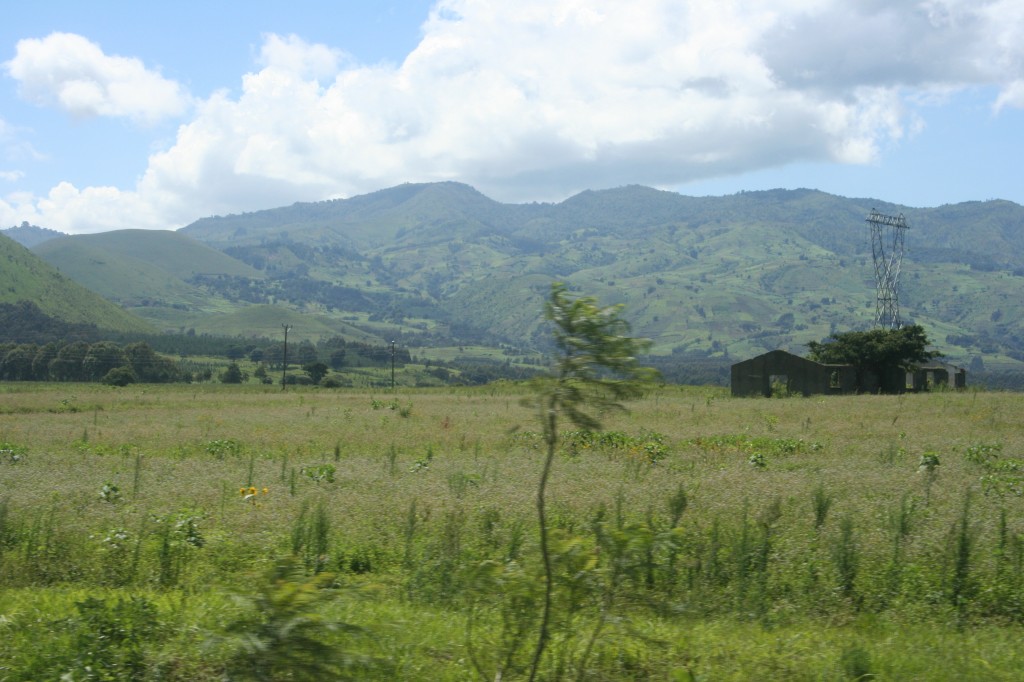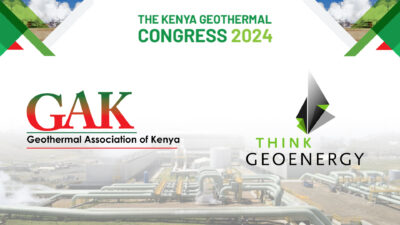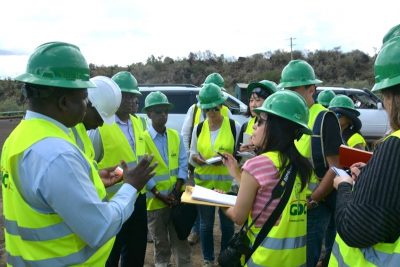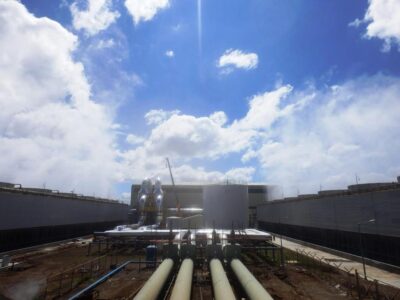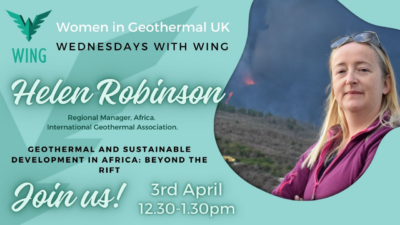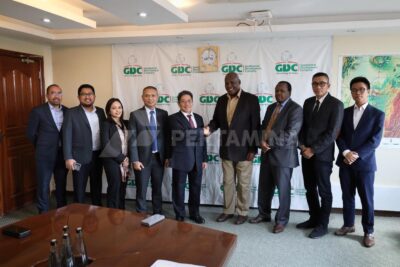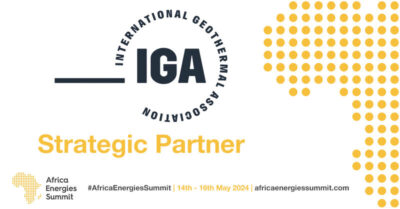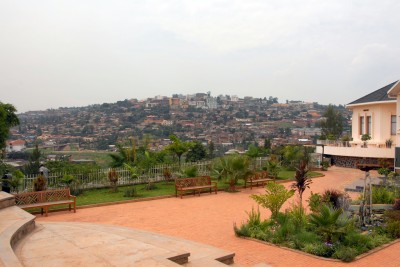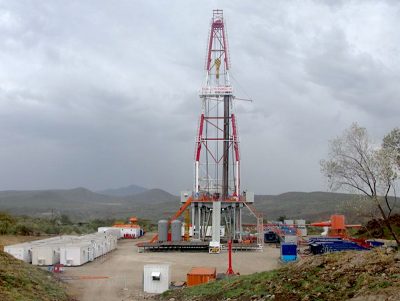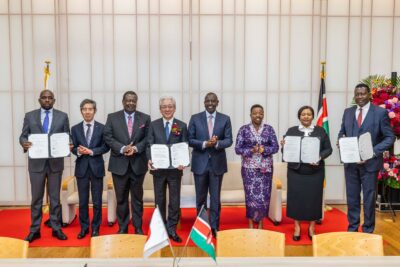Tanzania sets ambitious 220 MW 5-year geothermal development target
Tanzania Geothermal Development Company sets an ambitious geothermal development goal of 220 MW to be reached by 2020.
The government of Tanzania has announced that it plans to develop up to 200 MW of geothermal power generation capacity from a newly discovered geothermal reservoir by 2020.
The development is to be lead by Tanzania Geothermal Development Company, which was established in 2013.
The General Manager and CEO of TGDC, Boniface Njombe reports that preparations have already started to achieve the projected 200 MW. The company has quoted a 5,000 MW potential for Tanzania, which seems to be overly optimistic. Nevertheless, the country has a good size geothermal potential that could help the country develop geothermal power plants and fuel an increasing energy demand in the country with green energy.
“The project requires proper matching of resources to meet expectations, including the training of experts,” Mr. Njombe said at a recent conference in Dar es Salaam. We reported yesterday on a capacity building workshop held recently in cooperation with ESMAP and GEOCAP.
As reported by The Citizen in Tanzania, “there are a number of activities in place to achieve the 200 MW by 2020, which includes the development of a 25-year strategic plan and five years rolling plan to guide the company business, develop key capabilities in geothermal exploration and development, establish working relationships and creating awareness with local, regional and international stakeholders and soliciting financial and technical support from public private and development partners.
“Eight staff members have been trained, one in Japan and seven others in Kenya. Four drilling engineers have been readied for training”, said Mr. Njombe.
Tanzania has several geothermal fields: Kilimanjaro, Rkwa, Morogoro, Singida, Arusha, Mbeya, Shinyanga, Rufiji, Mara and Dodoma.
Source: The Citizen (Tanzania)
